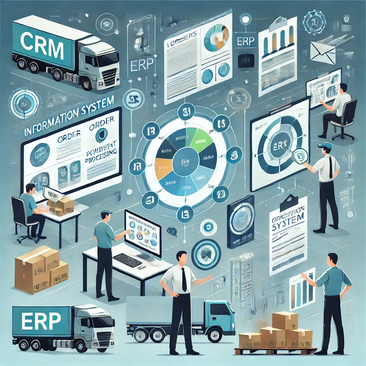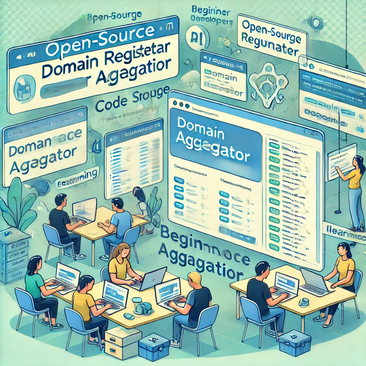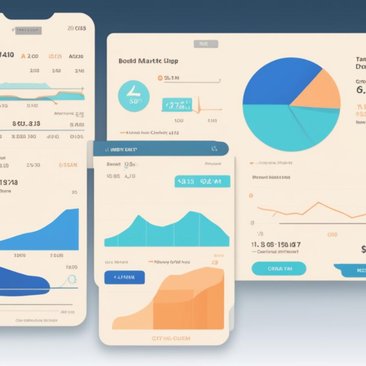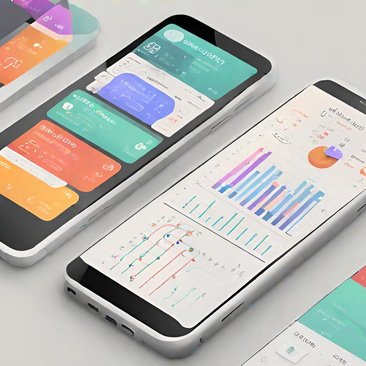Technology Goals
Django is an open-source, high-level web framework written in Python, designed to simplify the creation of complex, database-driven websites. It follows the "Don’t Repeat Yourself" (DRY) principle, which encourages efficient code reuse, and the "batteries-included" philosophy, providing everything developers need to build web applications straight out of the box. This includes features like an ORM (Object-Relational Mapping), user authentication, and an admin interface.
Django’s primary goal is to enable rapid development without compromising on scalability, security, or performance. It allows developers to build secure and maintainable web applications in a fraction of the time it would take with other frameworks. In our projects, we often choose Django for applications that require a strong backend, robust admin functionality, and the ability to scale seamlessly.
Strengths of Django in Our Projects
One of Django’s key strengths is its scalability and ability to handle high-traffic websites. It has been proven to power large-scale applications like Instagram and Pinterest, making it well-suited for growing businesses and startups that need a framework capable of expanding with their user base.
Security is another significant advantage of Django. It includes built-in protections against common vulnerabilities like SQL injection, cross-site scripting (XSS), and cross-site request forgery (CSRF). This allows us to build secure applications for clients who need to prioritize data protection, such as in healthcare, financial services, and e-commerce.
Django’s ORM system simplifies database management, enabling developers to interact with databases using Python code instead of raw SQL. This speeds up development and ensures that database changes are reflected throughout the application, which is especially beneficial when working with complex data models. The built-in admin interface also allows non-technical users to manage content, making Django an excellent choice for content management systems (CMS) and enterprise applications.
Comparison with Other Frameworks
Compared to frameworks like Flask, which is also based on Python, Django is a more feature-rich and opinionated framework. While Flask offers more flexibility and minimalism, Django’s "batteries-included" approach means that it comes with a predefined structure and components that reduce development time for larger applications. For projects that require flexibility and a lightweight setup, Flask might be a better option, but for robust, scalable, and secure solutions, Django often takes the lead.
Django also competes with frameworks like Ruby on Rails. While both frameworks focus on rapid development, Django’s strength lies in Python’s popularity and versatility, making it easier to find and integrate with a wide array of tools and services. Python’s extensive use in data science and machine learning also gives Django a unique edge for projects that may require analytics, AI integration, or data processing.
Real-world Applications in Client Projects
Django has been instrumental in several successful projects:
- E-commerce Platforms: For a retail client, we used Django to build a scalable e-commerce platform capable of handling thousands of concurrent users. The built-in admin interface allowed the client’s team to easily manage inventory and customer data, streamlining their operations and improving customer satisfaction.
- Healthcare Systems: Django was used to develop a HIPAA-compliant healthcare management system, providing robust user authentication and data encryption. Django’s flexibility allowed us to customize the admin panel for medical professionals to manage patient records efficiently while adhering to regulatory requirements.
- Educational Platforms: We implemented Django for a client providing online learning services. Django's ORM and admin features allowed for easy course management, student progress tracking, and automated notifications, improving both the user experience and internal workflows.
Client Benefits and Feedback
Clients appreciate Django’s ability to deliver secure and scalable applications quickly. A key benefit noted by many clients is the framework's comprehensive out-of-the-box features, which reduce both development time and long-term maintenance costs. One client in the education sector saw a 30% increase in user engagement due to the speed at which they were able to launch new features using Django’s built-in tools.
Another client in the healthcare industry praised Django for its security features, emphasizing how critical they were for maintaining data integrity and compliance with strict regulations.
Conclusion
Django is an essential tool for building scalable, secure, and maintainable web applications quickly and efficiently. Its rich feature set, combined with the power and versatility of Python, makes it a leading choice for a variety of industries, including e-commerce, healthcare, and education. With Django, we are able to deliver high-quality solutions that meet our clients' unique business needs while maintaining performance and security.

































